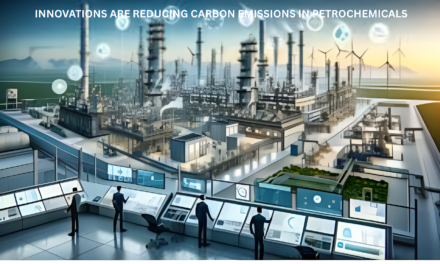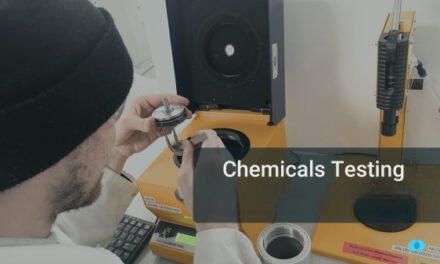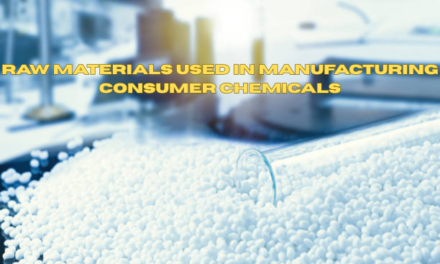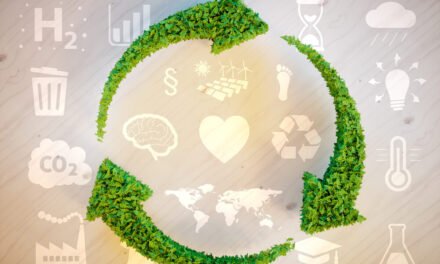Innovations in waste reduction in the basic chemical industry focus on improving resource efficiency, recycling, and adopting cleaner production methods. Here are key advancements:
1. Circular Economy Practices
- Chemical Recycling: Breaking down waste plastics into monomers or feedstock for reuse in chemical processes.
- Byproduct Valorization: Converting byproducts and waste streams into valuable chemicals or energy.
2. Process Intensification
- Compact and efficient process designs that minimize waste generation by enhancing reaction efficiency and reducing byproducts.
3. Catalysis Optimization
- Green Catalysts: Use of highly selective catalysts that minimize unwanted side reactions and reduce waste.
- Biocatalysts: Enzymes and microorganisms for eco-friendly chemical synthesis with minimal residue.
4. Advanced Separation Technologies
- Techniques like membrane filtration, adsorption, and distillation improve the recovery and reuse of solvents and other process materials.
5. Digitalization and AI
- AI-driven process control optimizes reaction conditions, reduces raw material overuse, and limits waste.
- Predictive maintenance prevents operational inefficiencies that lead to wastage.
6. Energy Recovery Systems
- Waste heat recovery technologies convert energy losses into usable power, reducing overall waste.
7. On-Site Waste Treatment
- Compact treatment units for managing and neutralizing hazardous wastes directly at production sites.
8. Closed-Loop Manufacturing
- Integrating recycling loops within the production process to reuse water, solvents, and other materials.
9. CO₂ Utilization
- Capturing and reusing CO₂ emissions to produce value-added chemicals like methanol or urea.
10. Waste-to-Chemicals Technologies
- Converting industrial and municipal waste into basic chemicals such as hydrogen, ammonia, and methanol.
11. Green Chemistry Principles
- Designing reactions and processes that inherently produce less waste, such as solvent-free or atom-efficient reactions.
12. Renewable Feedstocks
- Utilizing biomass and other renewable inputs reduces dependency on fossil-derived feedstocks, leading to cleaner processes with lower waste.
13. Water Management Innovations
- Advanced wastewater treatment and recycling technologies minimize water discharge and reduce effluents.
14. Biodegradable Products
- Developing chemicals and polymers that degrade naturally, reducing end-of-life waste.
15. Regulatory Compliance and Incentives
- Compliance with stricter environmental regulations and adoption of government incentives for waste minimization technologies.










